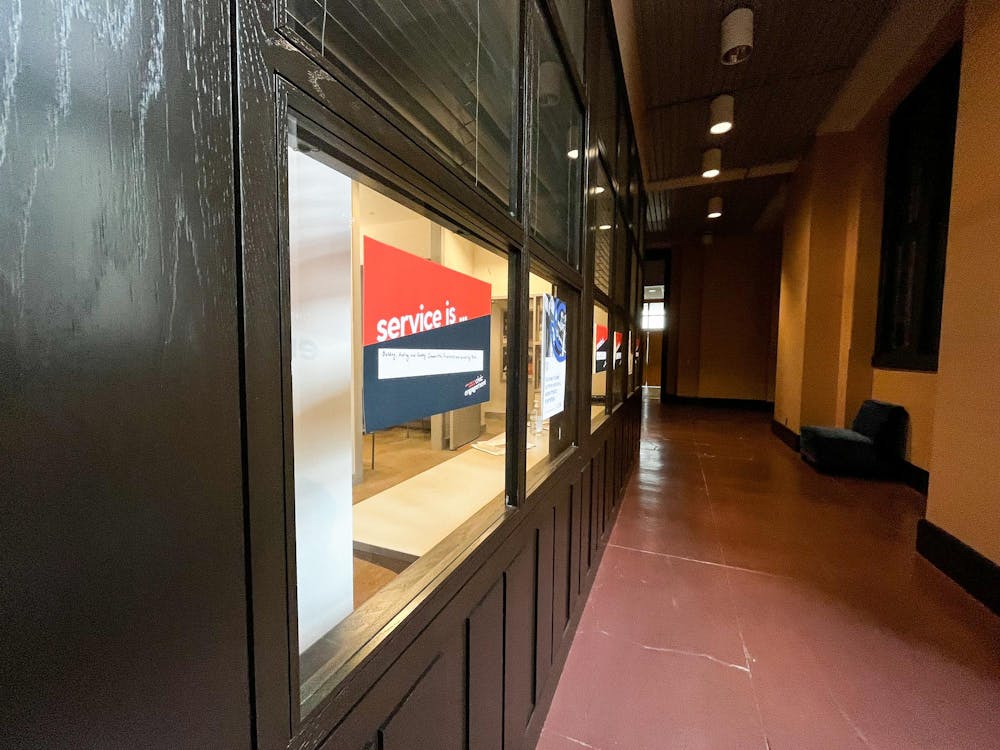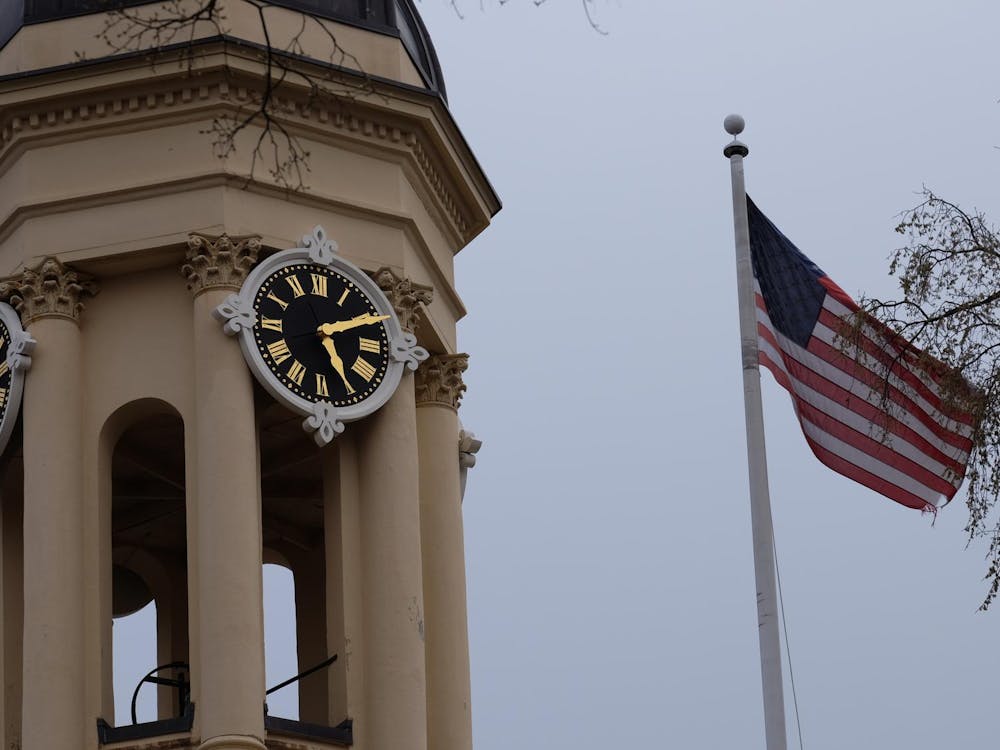Elite schools are commonly criticized for disproportionately funneling their graduates into the privileged professions of finance and consulting, fields which have been exposed again and again for unethical practices and corporate greed. Princeton is no exception, with nearly 20 percent of graduates in 2023 entering these sectors, a phenomenon which some Princetonians feel contradicts Princeton’s unofficial motto of being “in the nation’s service and the service of humanity.”
In my conversations with others on campus, some have suggested that in order to get more alumni to go into service, there should be a “service requirement” in order to expose students to novel situations and increase their awareness of how they can address societal problems. Last year, contributing columnist Jalen Travis argued that service should be given course credit, another way to externally incentivize students to participate in service. When faced with a Princeton-related issue like students overwhelmingly going into industries that don’t “serve humanity,” it is natural to first look to the University for potential causes and solutions. But given that the problem is rooted in projected earnings, a service requirement would not fix the problem.
While the Ivy League-to-finance pipeline exists at Princeton, it isn’t caused by the University, so it’s not a phenomenon Princeton has the capacity to solve entirely. Princeton has plentiful programs that orient students towards service: the Pace Center for Civic Engagement, Trenton Youth Arts, the Program for Community Engaged Scholarship (ProCES), LENS: Learning and Education through Service, the Novogratz Bridge Year Program, and Princeton Internships in Civic Service (PICS) all aim to give students easy access to participating in civic service. Students in the School of Public and International Affairs (SPIA), often criticized for going into consulting after majoring in public affairs, must participate in a policy task force, small groups of students that synthesize individual research to tackle and brainstorm solutions for far-reaching social issues such as multiculturalism in global institutions and youth mental health. Although pre-existing service opportunities and requirements see robust engagement from current students, they haven’t stopped alumni from pursuing careers that are not “in the service of humanity.”
The actual barrier to pursuing careers in public service is built of dollars and cents: if we look at Princeton’s Senior Survey for the Class of 2023, we see that the average expected incomes for those entering finance and consulting are $176,500 and $108,700 respectively, significantly more than the average expected income of those entering public service, who are predicted to earn only $46,900. There’s an inverse relationship between careers in service and financial gain, meaning that there is a societally-imposed financial motivation to pursue these privatized paths. Princeton cannot change the incentives of the broader economy outside of its gates, so Princeton is only able to realistically reinforce their motto — “serve humanity” — when its students are inside the Orange Bubble.
The University should not be held responsible for its graduates’ career choices. Yes, Princeton alumni can certainly be a reflection of the University, but it is impossible for it to totally ensure their professional paths reflect only positively on the school.
To be fair, postgraduate plans can’t tell us everything about service. People switch companies and even fields over the course of their lives, people can do service outside of their main career, and some “service” groups are not as virtuous as they seem. At the same time, Princeton students’ initial attraction to non-service careers, like finance and consulting, is still significant.
But a service requirement can’t solve this problem, because it focuses on the wrong area: on-campus service, where there is no problem, rather than the external world, where there is.

A service requirement would also make service a box to check, shifting students’ motivation from genuine desire to help those in need to a performative fulfillment of requirements. That’s how it played out at my high school: The administration greatly emphasized community service, but it didn’t create a more empathetic or service-minded school culture — despite high numbers of volunteer hours, students resented it for being compulsory. Exposure to service, forced or otherwise, does not guarantee students’ edification as to its moral significance.
The debate about getting Princeton students to go into careers that serve humanity is a relevant one, but we’ve been too focused on university-based solutions that we’ve missed its societal origins and, ultimately, wasted our efforts. It’s time to move beyond the fool’s gold of a service requirement and ask ourselves what we really want to do with our Princeton degrees and how we wish to shape the world around us. Maybe those answers will be more profit-driven than people-driven, but knowing that about ourselves is the first step to striking a perfect balance between the two as we enter the real world.
Christie Davis is a first-year from Jacksonville, Florida, planning to study history and journalism. She can be contacted at cd6404@princeton.edu.









